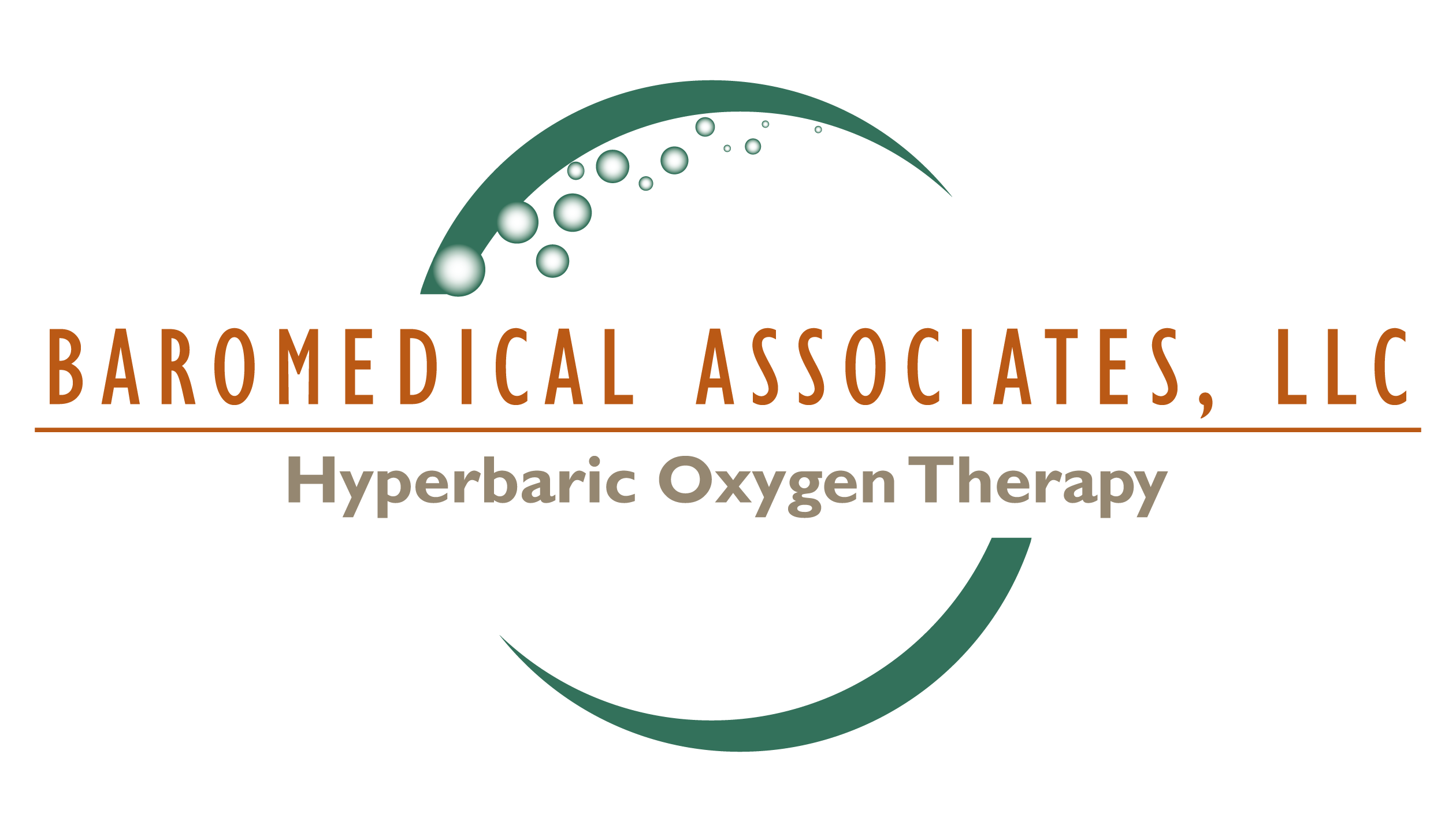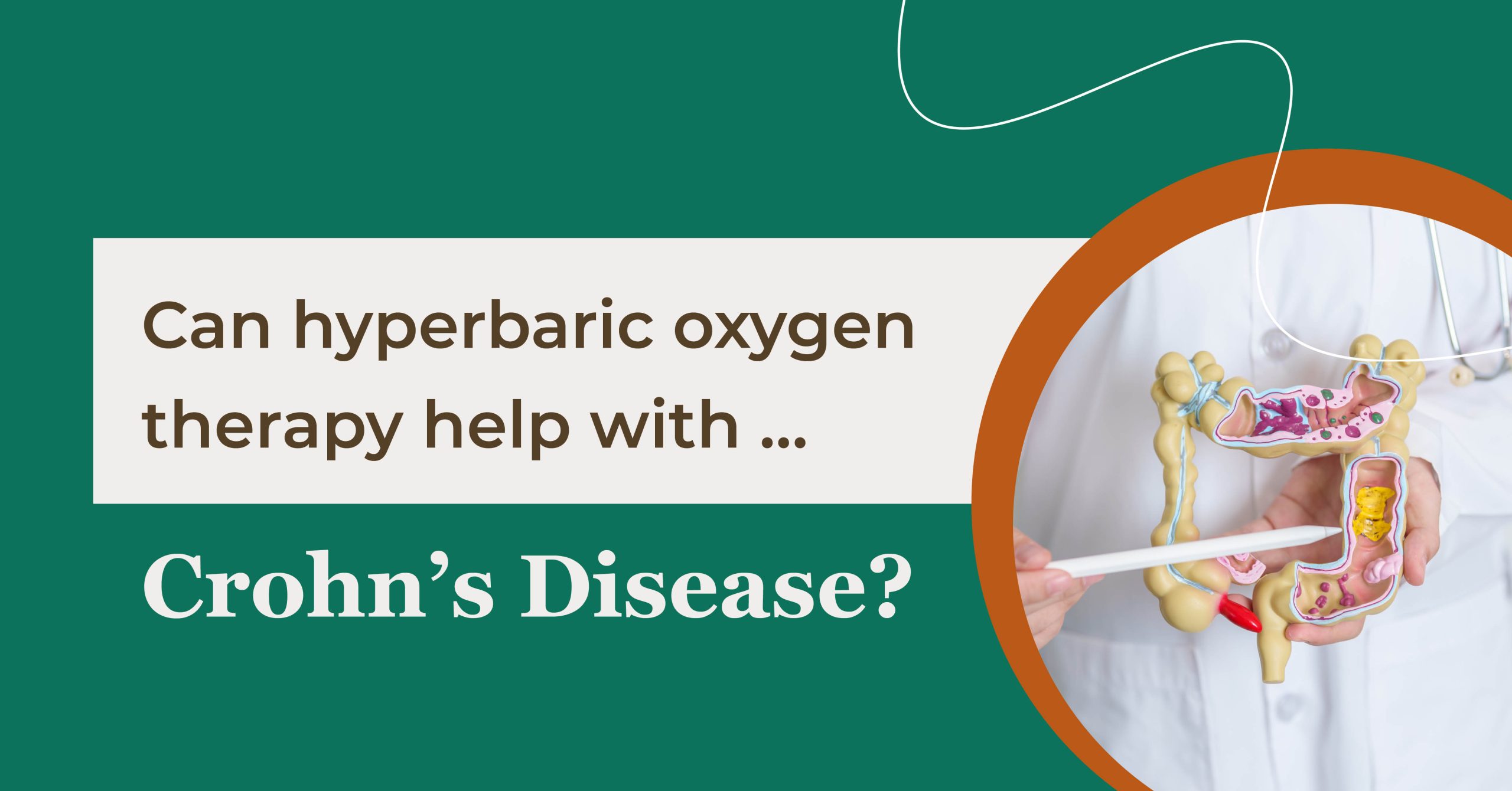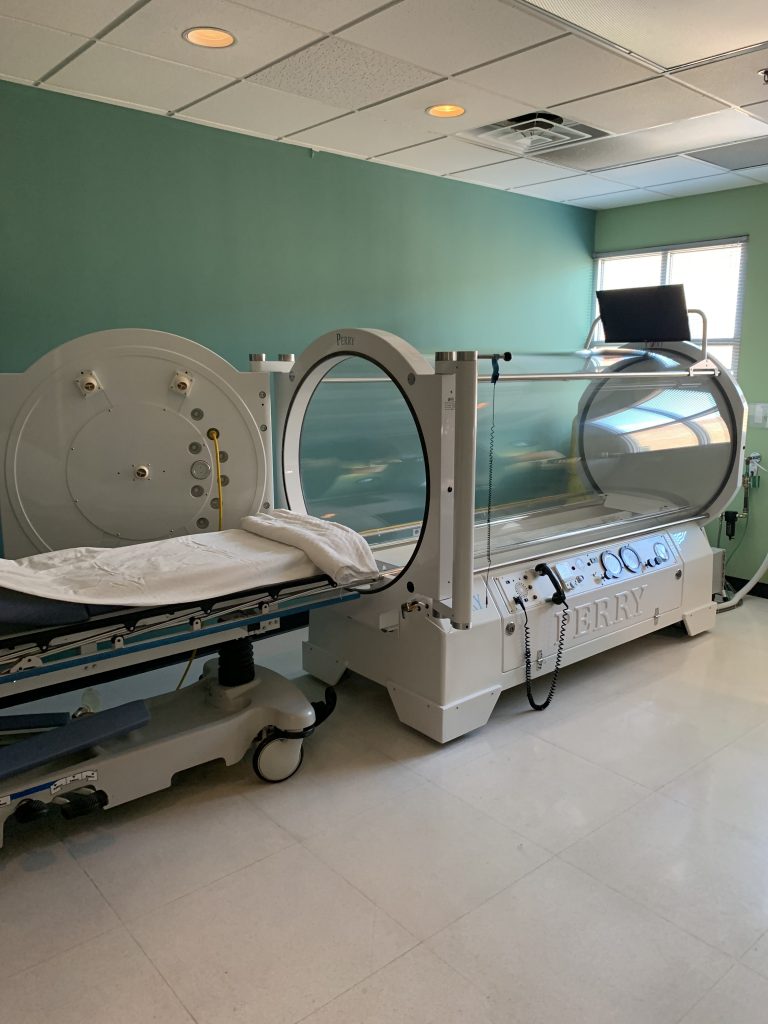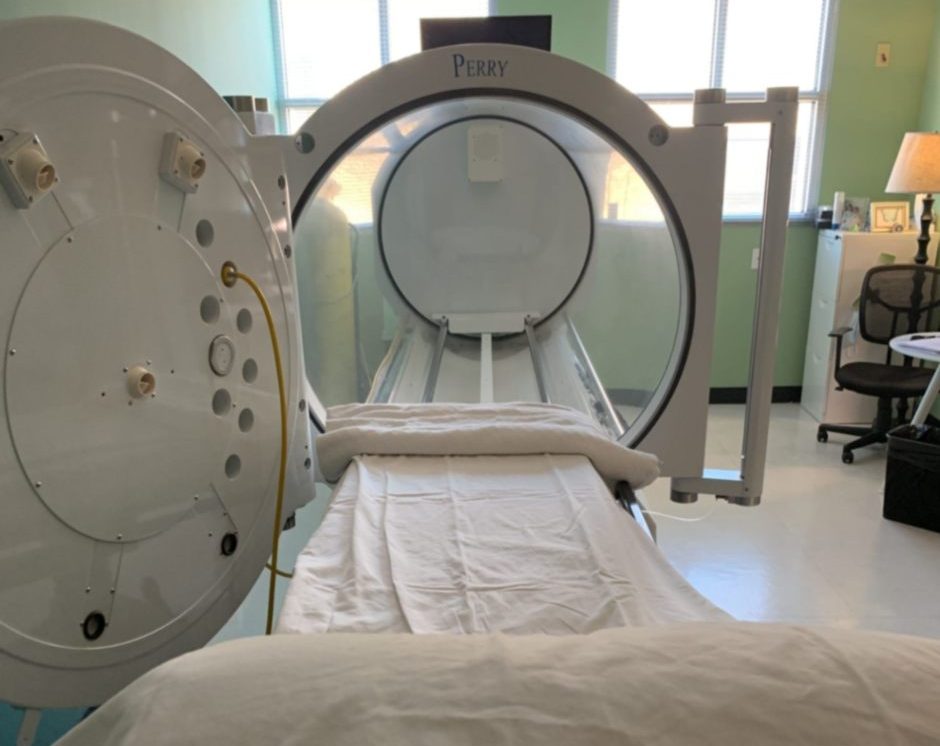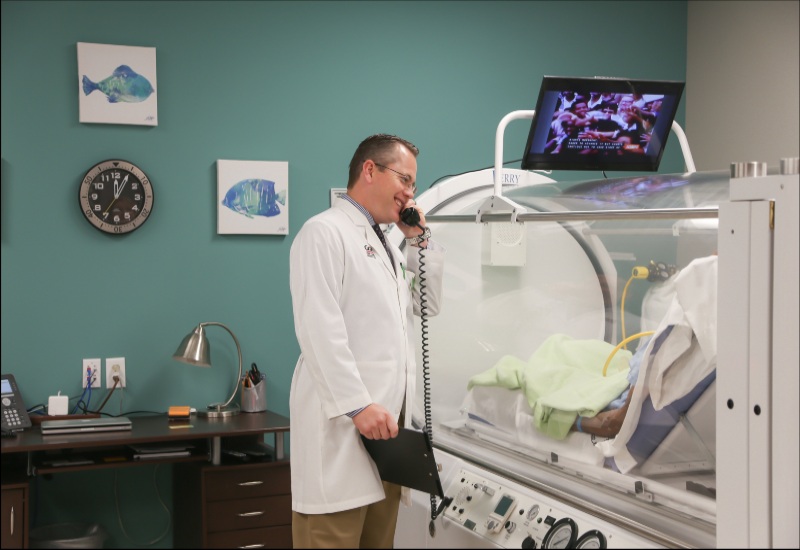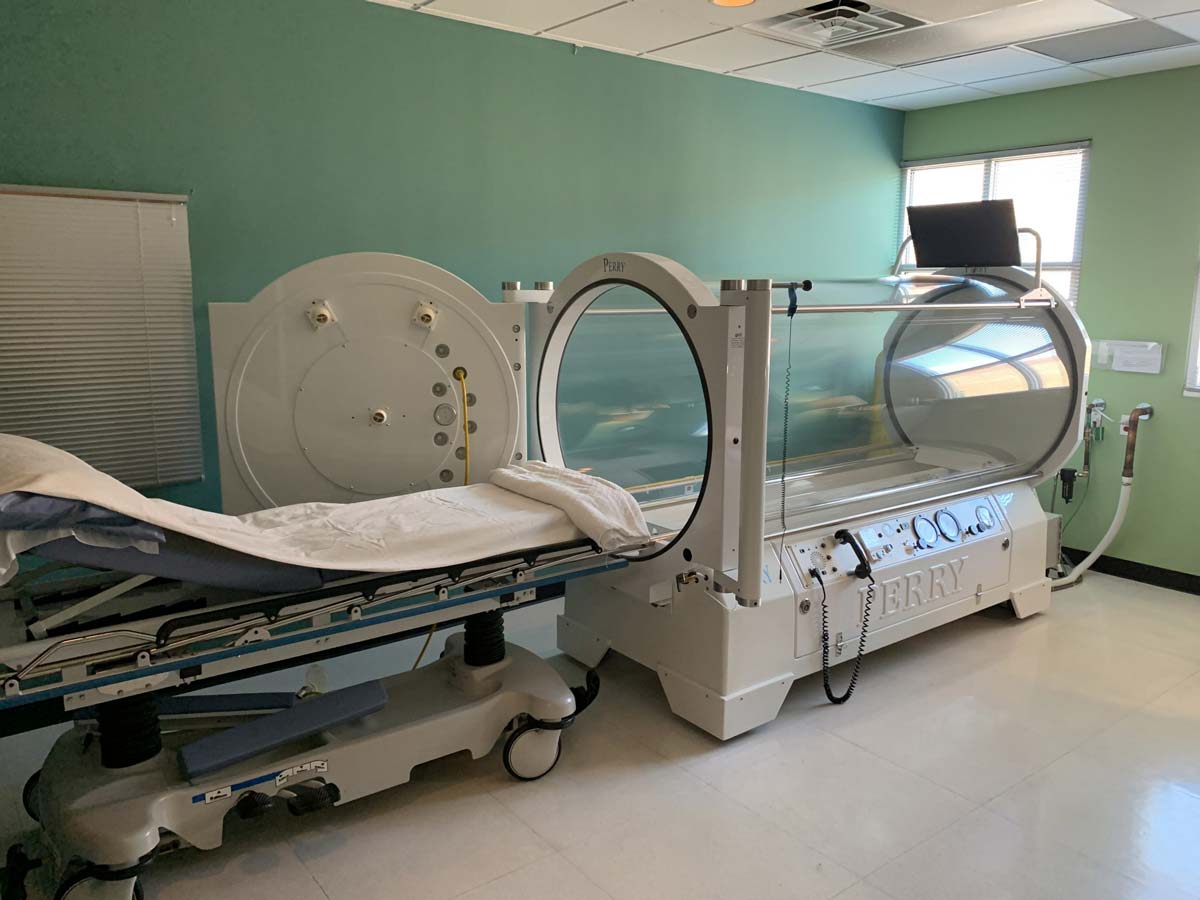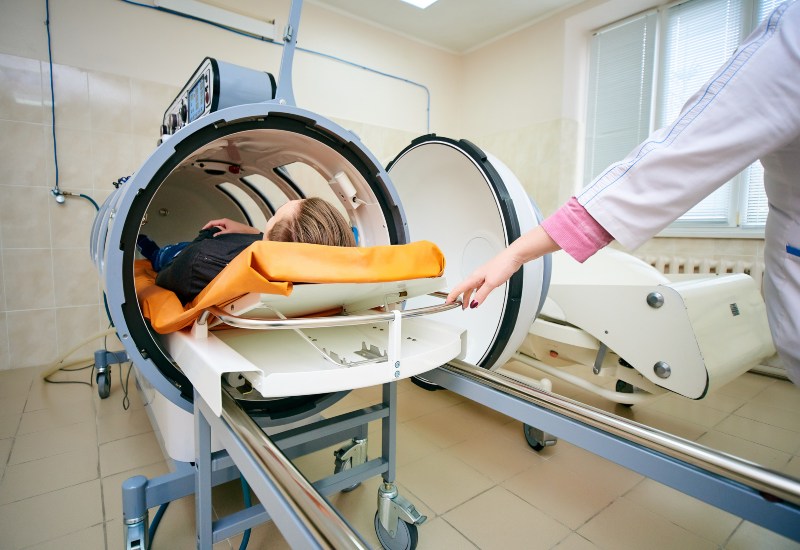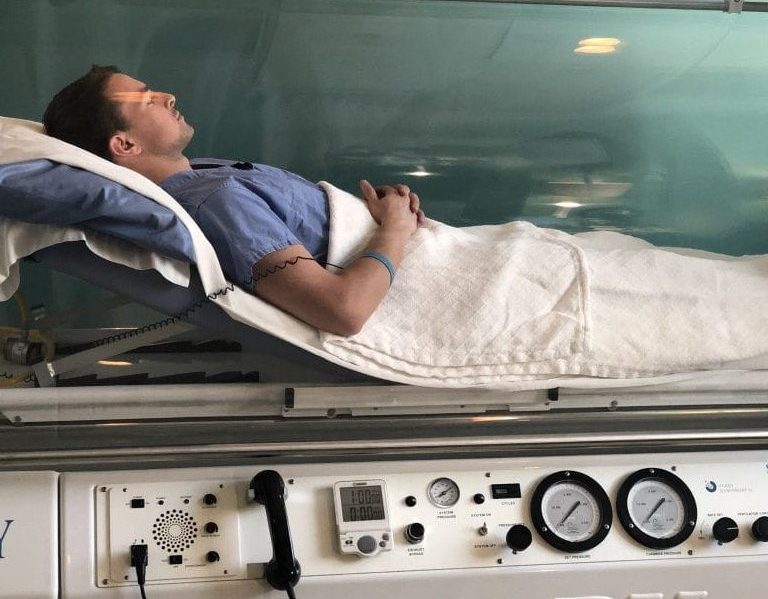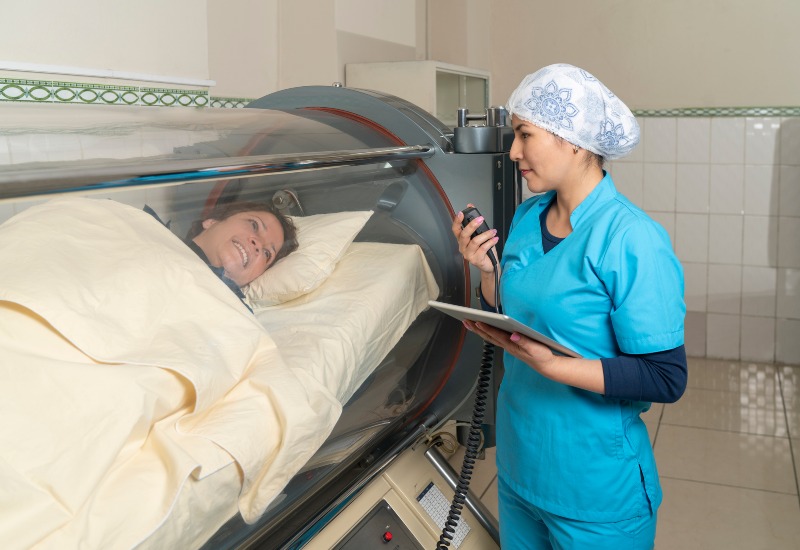Living with Crohn’s disease can be a daily struggle. From managing flare-ups to navigating dietary restrictions, the condition significantly impacts quality of life. And beyond that, treatments are only designed to manage Crohn’s, not cure it. But what if there was a new way to manage this chronic illness? Hyperbaric oxygen therapy (HBOT) is an emerging treatment gaining attention for its potential benefits for Crohn’s disease patients.
Decades ago, it was mostly used for treating decompression sickness, but today, there’s more and more evidence of HBOT’s benefits for pain management, inflammation reduction, and wound healing. Learn more about this fascinating treatment from the experts at Dallas, TX’s Baromedical Associates.
Hope for Crohn’s Disease Patients
Crohn’s disease is an inflammatory bowel disease (IBD) that affects the digestive tract. It causes inflammation, which can lead to abdominal pain, severe diarrhea, fatigue, weight loss, and even malnutrition. While Crohn’s is manageable, it’s disheartening for many patients to know that there is no cure. Treatment instead focuses on reducing symptoms and achieving remission.
But the lack of a cure doesn’t mean a lack of relief. Many patients have reported alleviated symptoms thanks to HBOT. This treatment takes place in a chamber pressurized with 100% oxygen increased to three times the normal pressure at sea level. Under these conditions, your lungs can gather 15% more oxygen than normally possible. The oxygen-rich blood then circulates throughout your body, reducing inflammation and promoting gut healing.
The Connection Between HBOT and Inflammation
One key aspect of Crohn’s disease is intestinal inflammation. Some patients report minor inflammation, while others have severe cases. Here’s where HBOT comes in—one of the therapy’s primary benefits is inflammation reduction. The increased oxygen levels during HBOT help to inhibit the inflammatory response, providing relief for Crohn’s disease patients.
Benefits of HBOT for Crohn’s Disease
In addition to reduced inflammation, HBOT brings several more benefits. HBOT sessions improve immune response modulation, which means faster wound healing and quicker relief. The increased oxygen levels in the blood can target damaged tissues in the digestive tract and bring faster healing than traditional methods. Beyond that, many patients report increased quality of life after undergoing HBOT. Those with Crohn’s disease often experience fewer symptoms overall.
Integrating HBOT With Traditional Treatments
Despite its significant benefits, HBOT is not a replacement for traditional Crohn’s disease treatments. Instead, it should be used as a complementary therapy alongside medications, dietary changes, and other interventions. Working with your healthcare team to create a comprehensive treatment plan is essential for achieving the best outcomes. The team at Baromedical Associates will evaluate your medical history and the recommendations of other physicians throughout your care.
A Positive Outlook for HBOT and Intestinal Inflammation
In the last few years, more research has been done on emerging therapeutic applications for Crohn’s and colitis. HBOT has been a critical player in many of these studies, and researchers are reporting the numerous benefits of this treatment. Here’s what some recent studies are saying:
- A study in a 2021 issue of Gastroenterology Research and Practice found that HBOT was associated with high rates of complete healing pertaining to Crohn’s-related complications. The therapy reduced the need for surgical intervention without compromising patient safety1.
- An article from Intestinal Research reports that HBOT is a safe and effective way to treat patients with bowel problems, including Crohn’s disease. The authors believe HBOT could be especially beneficial for those who don’t respond to typical treatment or are not candidates for surgery2.
- The International Journal of Medicine published an article on HBOT for inflammatory bowel diseases like Crohn’s. The authors’ review of current literature found that HBOT has a positive impact on damaged tissues, inflammation, and immune responses. They conclude that HBOT is an effective approach to inflammatory bowel diseases in conjunction with normal treatments3.
Learn More About Emerging Treatments for Crohn’s
HBOT is already making a positive impact on Crohn’s disease patients in Dallas, TX. The team at Baromedical Associates would be glad to consult with you, learn more about your condition, and develop an effective treatment plan. We’re leaders in HBOT in the Dallas Metro Area and the world, with people coming to us for therapy from outside the U.S. Get in touch with us today to discover whether HBOT is right for you.
- Adjunctive Hyperbaric Oxygen Therapy in Refractory Crohn’s Disease: An Observational Study
- Efficacy and tolerability of hyperbaric oxygen therapy in small bowel stricturing Crohn’s disease
- A Review of Hyperbaric Oxygen Therapy for Inflammatory Bowel Disease
